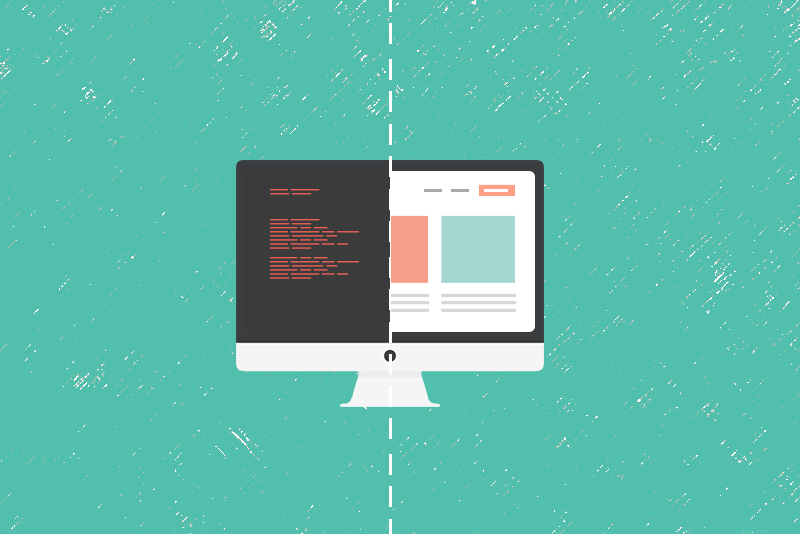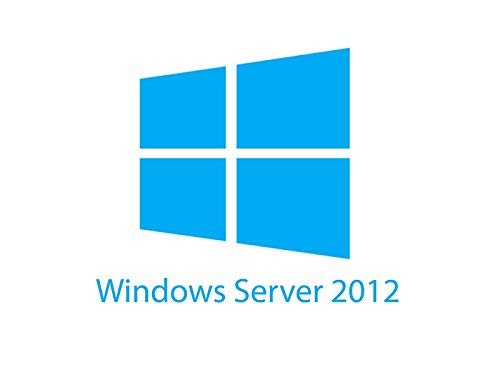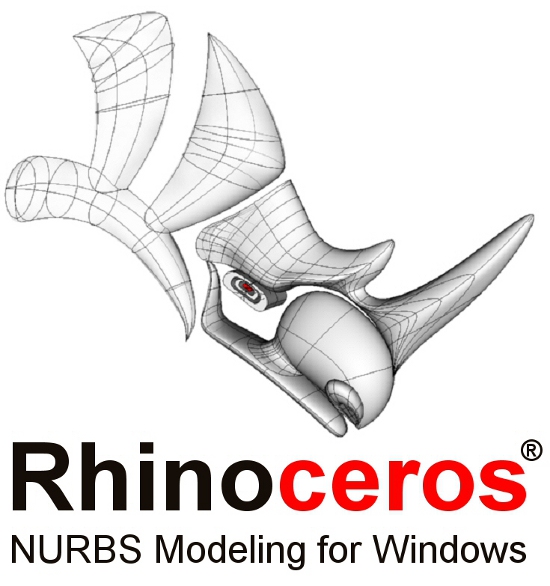The program of the course:
- PHP language: “FUNDAMENTAL CONCEPTS AND APPROACHES”
Theoretical basics of programming. This course offers fundamental knowledge materials for a web programmer.
1.1 What is Web?
Introduction. Regulation of workplace environment, installation of programs. Introduction with common principles of website operation.
1.2 Basics, Fundamental knowledge. During the trainings php tags, variables, operators, constants, numbers, fractional numbers, lines, massives, elementary types, their implementation rules and further topics are taught.
1.4 Conditional operators (conditional branching) – is a very significant tool in your arsenal. During the trainings conditional operators, their working principles, and implementation rules are taught.
1.5 Loops. Loops are to continually repeat the defined codes. This explains you what aloop is. All 4 loop types are taught.
1.6 User functions. User functions teach you how to write personal functions. During the training, rules about how to write and call functions are taught. For the interested, examples about operating mechanisms of recursive functions are also shown.
1.7 Ready-made facilities. Good programming is not just about to be able to write your own codes, it is also about to be able to use ready-made solutions. PHP has lots of ready-made tools. During the lesson, facilities to work with lines, massives, and dates, will also be taught.
1.8 HTTP – cont’d. Forms. Forms in web pages – is basis of information exchange between the user and the website. For a web programmer, it is necessary to understand how forms operate. This training contains useful theoretical information. Practical use of forms is also taught.
1.9 Cookie. Cookie – is user’s data fragment of in computer. During the training, why and how the browser’s (client’s) information is used, is studied.
1.10 Sessions. Sessions are to temporarily save information about user in server. During the training, working principles and appointment of sessions are studied.
1.11 Database #1 It is difficult to imagine that modern web pages can operate without database. The topic of the training is common principles of database. Additionally, during the course great attention is paid to creating database and its projection.
1.12 Database #2 To work with database, a special language – SQL language is used. During the training, the basics of query writing in SQL, sending these queries to database via PHP, and receiving results are explained.
1.13 Object oriented programming #1 OOP – is now the most famous approach in programming. During the training we will learn about this concept. Fundamental concepts are taught: classes and objects, as well as facilities.
1.14 Object oriented programming #2 Second step in OOP. Learning main idea and conception: derivative,encapsulation.
1.15 Object oriented programming #3 The next fundamental mechanism in OOP – Polymorphism. There are very useful samples to understand working principle and definition of polymorphism.
1.16 Object oriented programming #4 The last training about OOP. Here further facilities are taught: type management, interfaces and abstract classes.
1.17 Templates of projection, standards of coding. The lesson has two parts: 1) Basics of coding – it will simplify your job and help you to speak the same language with your colleagues. 2) Templates of projection – Best solutions for typical programming problem.
1.18 MySQL
1.19 HTML5
1.20 JavaScript
1.21 CSS3 Web browsers get HTML tags from server, and based on them, create a view that the user can understand, on the screen.
- In this lesson we will learn about HTM tags.
- PHP practice:. “Building e-store” is continuation of the course. After finishing the theoretical basics, in order tostrengthen the learnt knowledge, practical training for creating real project will be organized.





